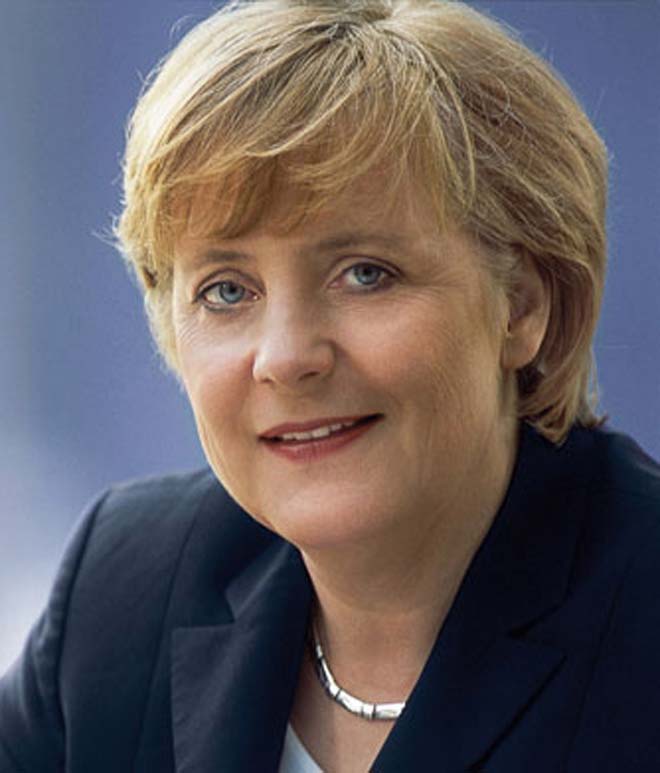The German election campaign is set to move into a higher gear this week when Chancellor Angela Merkel returns to her desk after a three-week vacation, dpa reported.
Merkel's first public appearance is expected to be Tuesday when she acts as a teacher giving Berlin school children a lesson on how Germany's traditions of freedom and democracy were strengthened in the aftermath of the fall of the Berlin Wall in 1989.
This comes after the chancellor spent the last part of her holiday limbering up for the rigors of her campaign for a third term as head of Europe's biggest economy by hiking in the Alps bordering Italy and Austria.
Merkel returns to her office to find the nation's economy picking up speed, unemployment falling, the euro crisis easing and her opponents struggling to find issues to give them traction during the final weeks of campaigning before the September 22 poll.
Unlike other European leaders who have been bundled out of office by angry voters as a result of the debt crisis, Germans see their chancellor as having deftly handled the financial meltdown as well as safeguarding the country's interests.
"The euro debt crisis has been positive for Merkel," said Forsa research group chief Manfred Guellner.
Polls currently show Merkel enjoying a commanding lead with her conservative Christian Democrats (CDU) and their Bavarian Christian Social Union allies widely expected to remain the biggest political bloc in parliament after the election.
Merkel's personal popularity rating stands at 55 per cent compared with just 21 per cent for her opposition Social Democrat (SPD) challenger Peer Steinbrueck, according to a survey published last week by the Forsa.
This partly reflects Merkel's success in blunting her opponents' campaigns by ruthlessly co-opting some of their most popular policies such as dismantling nuclear power, drawing up plans for a minimum wage and boosting social welfare programmes.
The polls might point to Merkel's current CDU-led coalition with the pro-business Free Democrats being returned to power with about 45 per cent of the vote, but her government's path to victory is not as clear cut as it seems.
The chances of her coalition securing another term in office largely depends on support for the FDP.
If the FDP vote falls behind the 5-per-cent threshold needed to be returned to parliament next month, Merkel would be left without a coalition partner.
She would then be forced to try to negotiate a new grand coalition with the SDP or even possibly a government with the Greens.
But the polls also show another possible outcome on election night could be a majority in parliament for the SPD, Greens and the hard-left Linke, which was formed out of the former East German Communist Party.
SPD leaders have repeatedly rejected suggestions that they would reach a post-election deal with the Linke.
A deal with the Linke is likely to be particularly unpopular in the western part of the country.
In a bid to shore up support for the Merkel-led coalition, leading CDU and FDP members are warning that a vote for the SPD and the Greens could lead to a government backed in parliament by the Linke.






